Venerable Benedict of Nursia
27. March 2018 - 15:33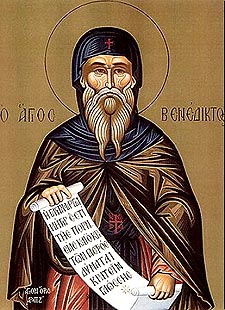 Saint Benedict, founder of Western monasticism, was born in the Italian city of Nursia in the year 480. When he was fourteen years of age, the saint’s parents sent him to Rome to study. Unsettled by the immorality around him, he decided to devote himself to a different sort of life.
Saint Benedict, founder of Western monasticism, was born in the Italian city of Nursia in the year 480. When he was fourteen years of age, the saint’s parents sent him to Rome to study. Unsettled by the immorality around him, he decided to devote himself to a different sort of life.
At first Saint Benedict settled near the church of the holy Apostle Peter in the village of Effedum, but news of his ascetic life compelled him to go farther into the mountains. There he encountered the hermit Romanus, who tonsured him into monasticism and directed him to live in a remote cave at Subiaco. From time to time, the hermit would bring him food.
Church accommodating 700 faithful to open in Qatar by end of year
27. March 2018 - 15:27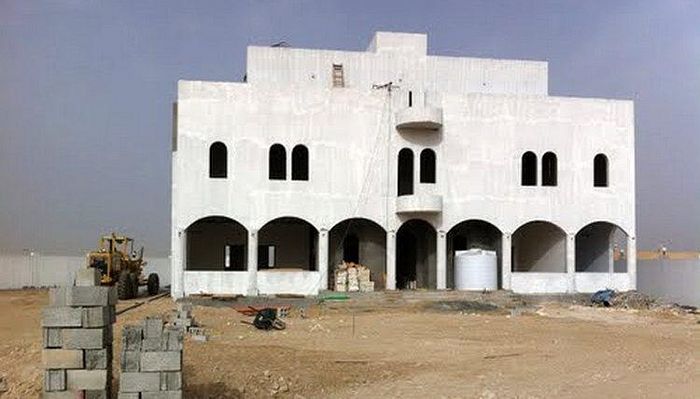 A pre-Paschal charity fair was held in Doha recently to raise funds towards the construction of a church that will accommodate 700 Orthodox faithful in the capital city of Qatar. Construction on the church, which is under the jurisdiction of the Jerusalem Patriarchate, should be finished by the end of the year, reports RIA-Novosti.
A pre-Paschal charity fair was held in Doha recently to raise funds towards the construction of a church that will accommodate 700 Orthodox faithful in the capital city of Qatar. Construction on the church, which is under the jurisdiction of the Jerusalem Patriarchate, should be finished by the end of the year, reports RIA-Novosti.
The 21 Decapitated Copts – A German author on the importance of the Church of Martyrs for the West
27. March 2018 - 8:36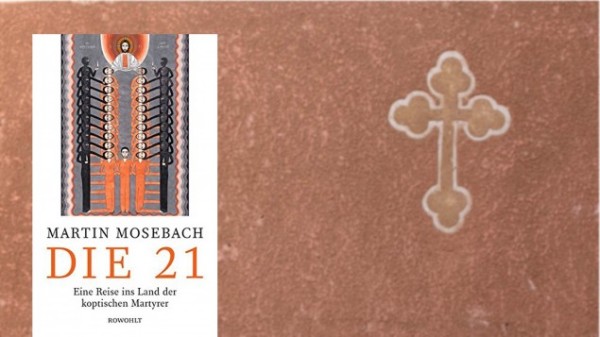
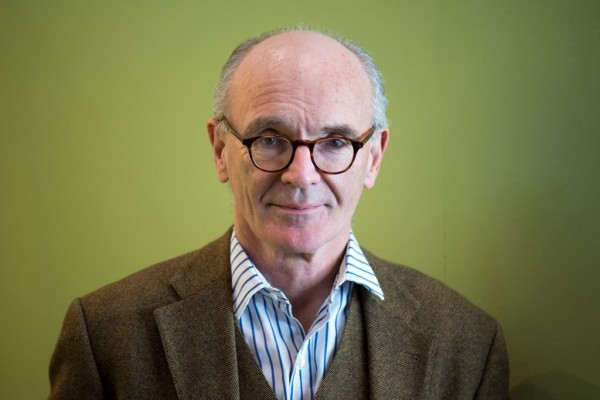 A book by the German author Martin Mosebach (Frankfurt) is widely discussed in Germany. It was published recently and is titled “Die 21 – Eine Reise ins Land der koptischen Märtyrer, Reinbek: Rowohlt 2018” (The 21 – A Journey into the Land of Coptic Martyrs”). Mosebach writes about the families of those who were beheaded by the Islamic state.
A book by the German author Martin Mosebach (Frankfurt) is widely discussed in Germany. It was published recently and is titled “Die 21 – Eine Reise ins Land der koptischen Märtyrer, Reinbek: Rowohlt 2018” (The 21 – A Journey into the Land of Coptic Martyrs”). Mosebach writes about the families of those who were beheaded by the Islamic state.
Record Few Children Baptized in Sweden Due to ‘Demographic Change’
26. March 2018 - 11:23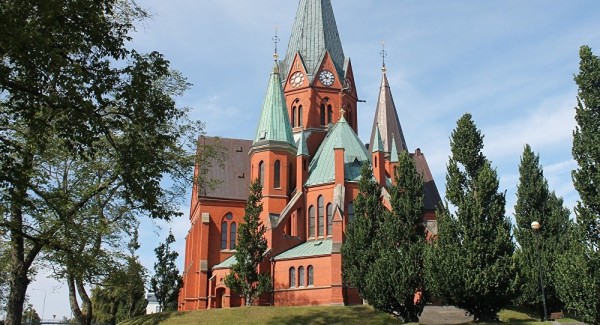 The drop in the number of baptisms is seen as part of the overall trend of Swedes leaving the church; immigration hasn’t reversed this trend, as most hail from non-Christian countries.
The drop in the number of baptisms is seen as part of the overall trend of Swedes leaving the church; immigration hasn’t reversed this trend, as most hail from non-Christian countries.
Almost 50,000 newborns were baptized in the Church of Sweden in 2017, which corresponds to a record low 42 percent, Swedish Radio reported. One of the reasons is that more parents come from abroad and lack any connection with the Church of Sweden.
Saint John Chrysostom: Liturgical Ethos and Modernity
18. March 2018 - 20:49Bishop Dr. Jovan (Puric)
Modernity confronts us with many dilemmas. Man must answer challenges, and not only those for which his teachers in his educational-upbringing process prepared him, but also totally new and different problems that life places before us. And it has always been so. Still, sociologists, pedagogues and culturologists generally agree that today’s world is changing at a significantly faster pace than before. The technological progress and social innovations of the 20th century have transformed the world much faster than, for instance, the entire process of technological development during medieval times. This tempo of development has continued to this day.

